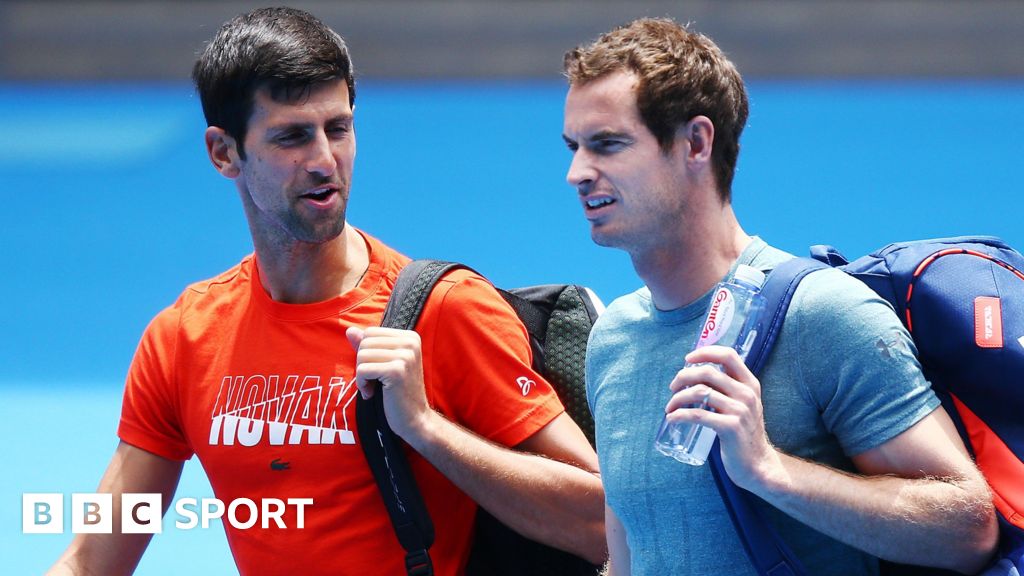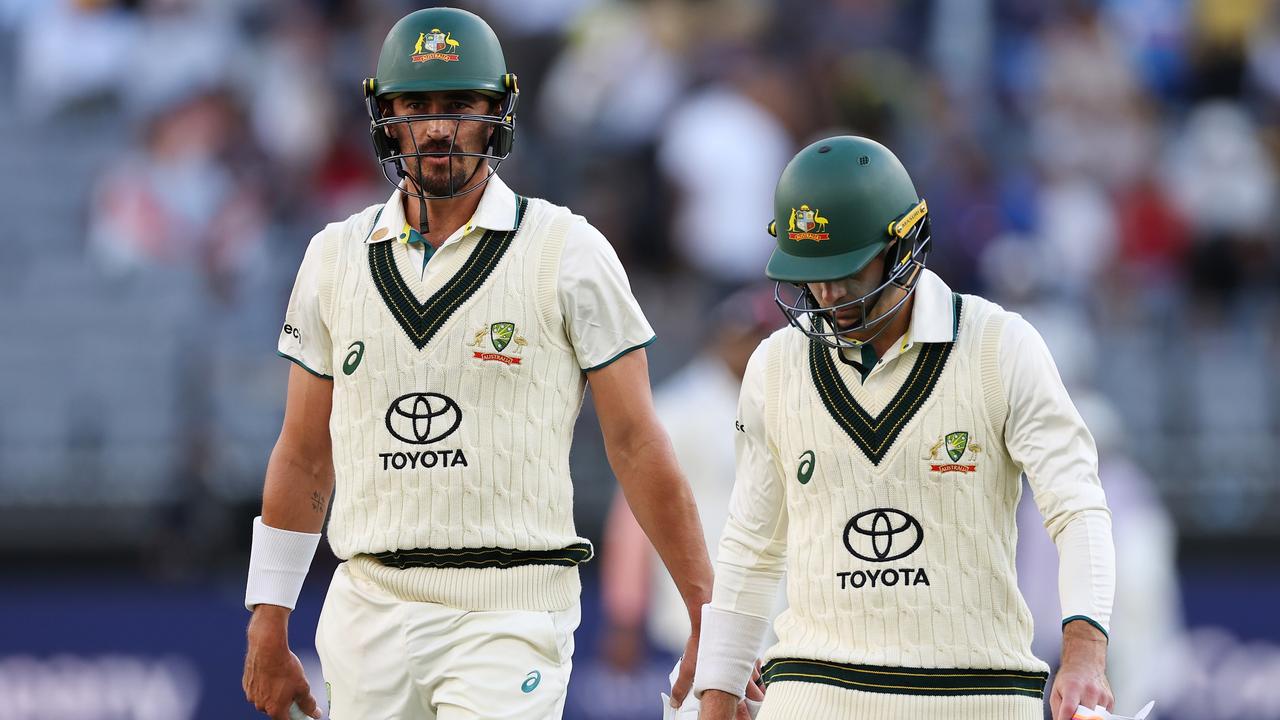‘I think the conditions have changed’: Australia coach Andrew McDonald left astonished by day two pitch performance | Cricket News – Times of India

- by Admin
- November 23, 2024

Australia’s head coach, Andrew McDonald, believes the pitch at the Optus Stadium played a significant role in India’s strong position on the second day of the Perth Test. He acknowledged the home team bowlers’ efforts but pointed out the unexpected drying of the pitch, which favored the Indian batsmen.
India’s opening batsmen, Yashasvi Jaiswal and KL Rahul, displayed remarkable resilience, frustrating the Australian bowlers with their unbeaten 172-run partnership.
Assembly Election Results
This dominant stand gave India a commanding lead of 218 runs.
The second day’s play contrasted sharply with the first, where 17 wickets fell. Only three Australian tail-enders were dismissed on the second day, highlighting the change in pitch conditions.
“The surface looked considerably dry today. It dried out fairly quickly.”
McDonald expressed his surprise at how quickly the pitch dried up, impacting the seam movement and swing that the Australian bowlers had anticipated.
“We thought there may have been a little bit more there. So, I suppose if you want to say that we were a little bit surprised, yeah, there wasn’t as much seam movement or swing.”
He emphasized that the bowlers maintained their approach from the first day but acknowledged the significant influence of the altered pitch conditions.
“The bowlers were presenting the seam in a similar fashion to they were yesterday. So I think the conditions may have had some say in that.”
McDonald compared the two days, noting a considerable decrease in seam and swing assistance on the second day.
“If you look at the seam and swing, it was down comparative to yesterday. Yesterday was difficult work, I thought KL (Rahul) and Jaiswal played extremely well also.”
Despite the challenging conditions, McDonald credited the Indian openers for their exceptional batting performance and acknowledged the element of luck in their favor.
“You need to ride your luck a little bit. Our guys got the balls in the right areas, and there was some plays and misses as well, so anything can happen if you get some edges on that. It could be a totally different day, but I think the conditions have changed, I’ll state that.”
He reiterated his belief that the Australian bowlers performed adequately, attributing the missed opportunities to the nature of the game.
“In terms of the way that we bowled, I don’t think it was too dissimilar, potentially early on we may have been a fraction short, if it was to be critical, but I thought they went about their work well, it could have been a different day.”
Despite India’s dominance, McDonald remained optimistic about Australia’s chances, emphasizing the unpredictable nature of Test cricket. He urged his team to focus on the immediate task at hand.
“You’ve got the driver’s seat at the moment, but that’s not to say that tomorrow can’t change very quickly. Test cricket ebbs and flows, we’ve all been a part of a game when you’ve been well ahead of the game and it can twist and turn, so we’ve got to get to work on what it looks like for us tomorrow morning.”
He highlighted the importance of the second new ball, seeing it as a potential turning point in the match.
“It’s about 20 odd overs to the second new ball, we’ve got to work out a way to navigate through a few batters before that second new ball arrives and that could be our entry point back into the game.”
McDonald stressed the need for a balanced approach, acknowledging the challenge of chasing a potentially large target.
“If we’re too aggressive then the scoreboard runs and then you put yourself right up against it. So it’s a real combination about controlling the tempo of the game and creating opportunities within that.”
He refrained from setting specific targets, emphasizing the primary focus on taking wickets.
“We’re not looking that far ahead, we’ve got 10 wickets to take first, so that’s our first focus. No, no targets, clearly 10 wickets to get, first priority, then we’ll move from there.”
Reflecting on the first day’s dramatic collapse, McDonald attributed it to nerves, suggesting it affected both teams.
“No doubt both the teams would have had some nerves there leading into a big series, so there might have been some error on the back of that, but I think as a batting unit when you get a look at a wicket and then obviously your bowlers go about their work and you get a second up opportunity, I think it looks a little bit different in terms of your mindset, your knowing what to expect and you can work from there.”
McDonald expressed confidence in Marnus Labuschagne despite his struggles in the first innings, highlighting his work ethic and adaptability.
“He’s working his game as hard as ever. There’s no doubt he can learn some lessons from the first innings, like I think both teams’ batters.”
He believes Labuschagne will use the experience to improve in the second innings, adapting his approach based on the conditions and the match situation.
“So he’ll be the same in the nets this morning, working through what his method’s going to be in the second innings. And clearly, your mindset changes based upon the conditions as well. So the game plan from the first innings is going to look different from the second innings.”
The Latest News
-
November 23, 2024Who Is Kay ‘Bonnie Blue’ Manuel? Australian Adult Model Comes Out As Transgender
-
November 23, 2024Fans hail ‘best pairing of all time’ after Novak Djokovic’s incredible announcement that former rival Andy Murray will coach him for the 2025 Australian Open
-
November 23, 2024Andy Murray To Coach Novak Djokovic Through The Australian Open
-
November 23, 2024Novak Djokovic announces former rival Andy Murray will coach him through 2025 Australian Open
-
November 23, 2024Tennis Fans Stunned by Novak Djokovic, Andy Murray Australian Open Coaching News





